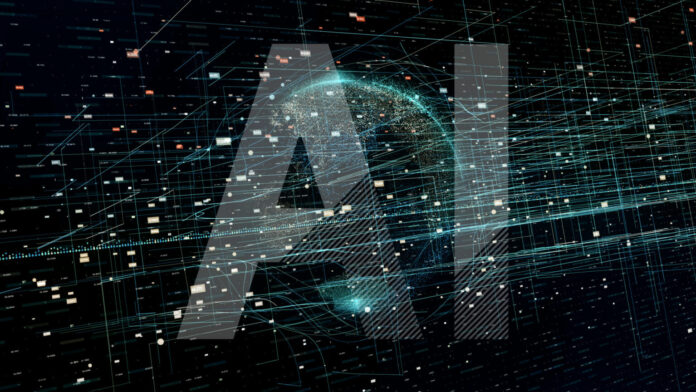The platform will be operated by SB Intuitions, a SoftBank subsidiary focused on AI model development
In sum – what you need to know:
World’s largest DGX SuperPOD – SoftBank now operates the biggest NVIDIA Blackwell GPU deployment globally, with over 4,000 units powering its AI platform.
13.7 exaflops for Japanese AI – The new system will help develop advanced Japanese-language LLMs, including the commercial Sarashina mini model.
Certified AI infrastructure – Japan’s METI certified SoftBank’s platform for national supply assurance under its economic security framework.
Japanese operator SoftBank has deployed what it claims to be the world’s largest Nvidia DGX SuperPOD featuring more than 4,000 Nvidia Blackwell GPUs, expanding its total AI infrastructure to over 10,000 GPUs and delivering 13.7 exaflops of computing power.
In a release, the Asian firm noted that this new AI computing platform is powered by DGX B200 systems and uses Nvidia’s Quantum-2 InfiniBand networking, along with the Nvidia AI Enterprise software suite. The deployment marks a major milestone in SoftBank’s strategy to accelerate domestic AI development, particularly for large language models (LLMs) tailored to Japanese language use.
The platform will be operated by SB Intuitions, a SoftBank subsidiary focused on AI model development. After building LLMs with roughly 460 billion parameters last year, SB Intuitions now plans to launch a 70-billion-parameter commercial model, Sarashina mini, by March 2026. The company intends to use the upgraded infrastructure to train more advanced models and accelerate innovation in generative AI.
SoftBank began building its DGX SuperPOD infrastructure in 2023 with Nvidia Ampere GPUs, and expanded again in 2024 with Hopper-based systems. The recent Blackwell-based upgrade represents its most powerful and scalable build to date.
The platform was designated under Japan’s “Cloud Program” by METI as a critical part of national economic security infrastructure. In addition to internal use, SoftBank will offer access to the system for enterprises and research institutions in Japan, supporting broader AI development across the country.
SoftBank Group is expecting to play a dominant role in the next frontier of artificial intelligence (AI) development.
The group’s CEO Masayoshi Son recently told shareholders at the company’s annual meeting that SoftBank intends to become the world’s leading platform provider for what he described as “artificial super intelligence” within the next decade. “We want to become the organizer of the industry in the artificial super intelligence era,” he said.
Son compared the opportunity in superintelligent AI to the “winner takes all” effect seen in other tech sectors over the past two decades. He pointed to how Microsoft, Amazon and Google have dominated personal computing software, e-commerce, and online search respectively.
Artificial super intelligence (ASI) is a hypothetical software-based AI system with an intellectual scope beyond human intelligence. At the most fundamental level, this superintelligent AI has cutting-edge cognitive functions and highly developed thinking skills more advanced than any human.
Last month, in a separate investor briefing, the executive said SoftBank is investing in a strategic structure centered on OpenAI and Arm to move towards artificial super intelligence.
SoftBank and OpenAI — along with Oracle, Microsoft, Arm, NVIDIA, and technology investor MGX — are involved with the Stargate project supported by President Donald Trump.
The Stargate initiative has an estimated long-term cost of $500 billion, and an initial $100 billion already earmarked for early phases.
The project is designed to span multiple locations and phases, potentially becoming the largest AI infrastructure buildout in history. Each phase will add computing capacity, storage, and networking to enable extremely large-scale AI training and inference.
In January, reports suggested that SoftBank was in talks to invest as much as $25 billion into OpenAI, a move that would position the Japanese operator as the generative AI (gen AI) company’s biggest financial backer.
The Japanese company’s direct investment into OpenAI is in addition to the more than $15 billion committed to the Stargate project, according to the reports, which stated that the company may end up spending over $40 billion on its OpenAI partnership.

